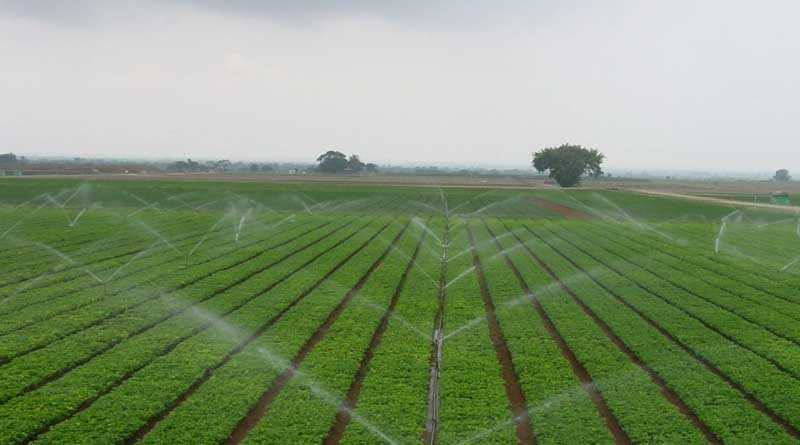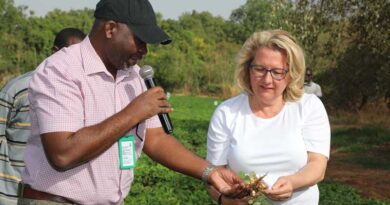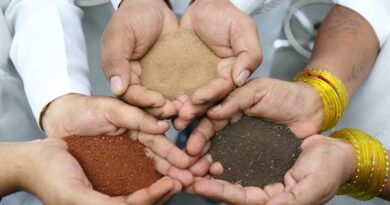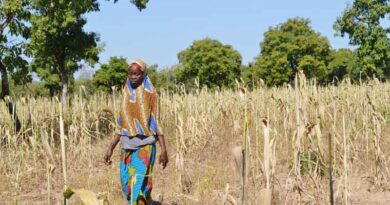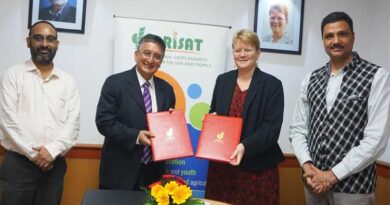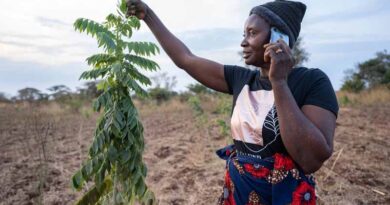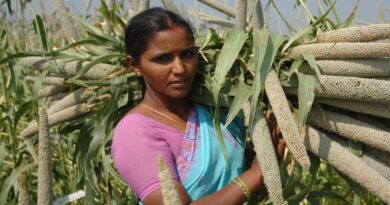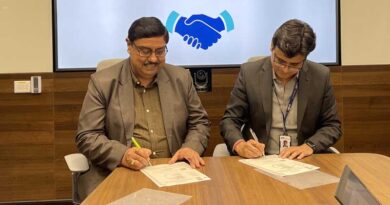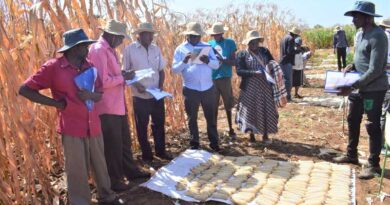An investment planning tool to boost climate-smart agriculture technologies
05 October 2022, Vietnam: An ICRISAT-led study reveals that climate-induced risks to farmers’ income can be reduced by up to 25% when context-specific climate-smart agriculture (CSA) technologies are implemented.
Researchers at the International Crops Research Institute for the Semi-Arid Tropics (ICRISAT), in partnership with the International Food Policy Research Institute (IFPRI), have developed an investment planning tool for the prioritization and upscaling of CSA technologies across districts in the Telangana state of India.
“This study fills the critical knowledge gap by developing a planning tool which helps policymakers to make informed decisions on the allocation of budget for climate-resilient technologies across various crops and districts,” said Dr Shalander Kumar, Cluster Leader – Markets, Institutions and Policies, ICRISAT.
The study used the MOTAD model (Minimization of Total Absolute Deviation) to assess the impact of CSA technologies compared to farmers’ traditional practices under current and extreme weather scenarios.
A five-year dataset from 2010-2014 on the cost of cultivation and crop production of 11 crops under six CSA technologies and farmers’ traditional practices was used. The model suggests the most effective CSA technology suitable for a specific crop and district.
For instance, the findings revealed that drip irrigation and farm pond technologies might be highly profitable and weather-resilient but not equally effective across crops and districts.
Farm pond technology was found to be most effective for the cultivation of high-value crops like mango and tomato. At the same time, drip irrigation technology proved to be more effective for cotton and groundnut cultivation under extreme weather conditions.
“Without such information, the investment allocation for climate-resilient technologies is less likely to reach its full potential,” said Dr Shalander Kumar.
“The present model has evaluated six CSA technologies for one state in India, but the same model can be extended to more states and other countries to evaluate their climate-smart investment strategies in the long run,” concluded Dr Shalander Kumar.
(For Latest Agriculture News & Updates, follow Krishak Jagat on Google News)

